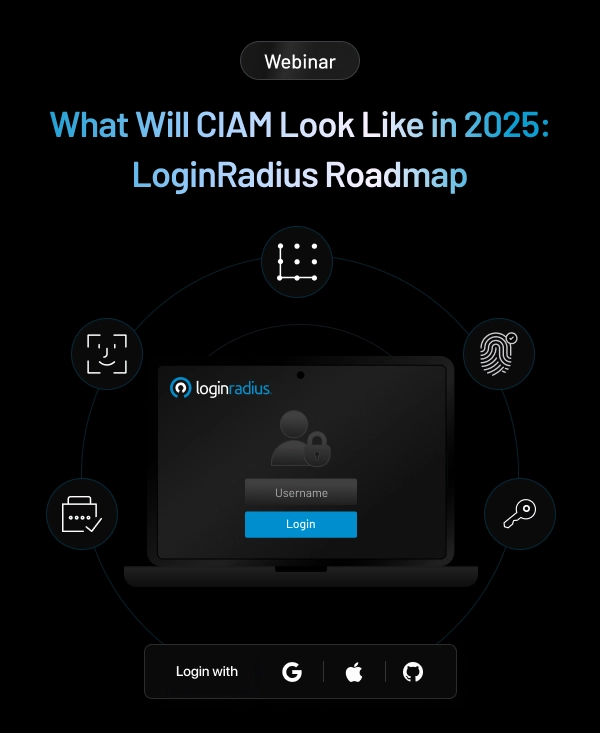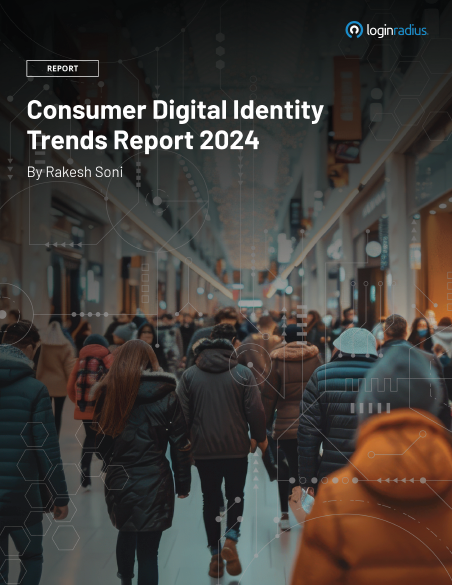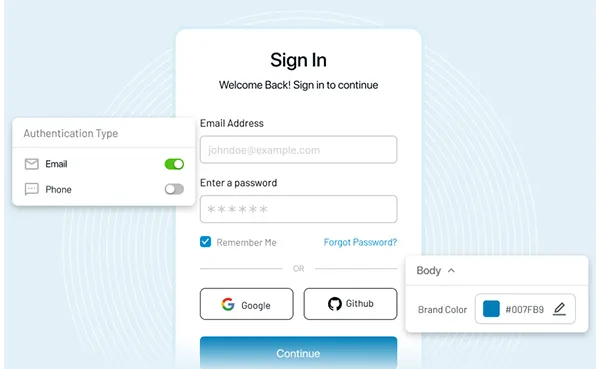Introduction
Maintaining accurate and comprehensive customer data has become a paramount concern for organizations in today's digital age, where consumers interact with businesses across various channels and devices.
And hence, understanding and recognizing individuals across multiple touchpoints is crucial for delivering personalized experiences, driving customer loyalty, and optimizing marketing efforts. This is where identity resolution steps in as a powerful solution.
Let’s understand identity resolution and why it has become an essential tool for businesses in today's competitive landscape.
What is Identity Resolution?
Identity resolution refers to connecting fragmented data points across different channels and devices to create a unified and accurate view of an individual customer or prospect. It involves analyzing and matching data from various sources, such as online interactions, offline transactions, social media, email, and more, to create a cohesive and holistic customer profile.
The Need for Identity Resolution
In an era of fragmented data, businesses need identity resolution to connect the dots and understand customers holistically. It empowers personalized experiences, targeted marketing, fraud detection, and seamless omnichannel interactions.
1. Personalization and Enhanced Customer Experience
Identity resolution is the cornerstone of delivering personalized experiences to customers. By accurately linking and consolidating data from multiple sources, businesses can comprehensively understand customer preferences, behaviors, and interests.
This information allows them to create highly targeted and personalized marketing campaigns, recommendations, and offers.
By leveraging identity resolution, businesses can provide customers with relevant and timely experiences across channels, fostering deeper engagement and loyalty.
2. Targeted Marketing Campaigns
Identity resolution empowers marketers to segment and target their audience with precision. Businesses can create robust customer profiles by unifying customer data, allowing them to segment their audience based on demographics, purchase history, browsing behavior, and more.
These segmented profiles enable marketers to tailor their messages, promotions, and advertisements to specific customer segments, maximizing relevance and driving higher conversion rates. With identity resolution, businesses can optimize their marketing strategies and allocate resources more effectively.
3. Fraud Detection and Risk Mitigation
In an increasingly digital world, identity theft and fraud pose significant risks to businesses and customers. Identity resolution helps organizations detect and mitigate these risks by analyzing and correlating data from various sources.
Businesses can identify suspicious activities and potential fraud attempts by accurately linking and verifying customer identities in real time. This proactive approach allows organizations to implement robust security measures, protect customer data, and safeguard their reputation.
4. Seamless Omnichannel Experiences
Providing a seamless and consistent experience across multiple channels is crucial for building strong customer relationships. Identity resolution enables businesses to recognize customers as they interact across different touchpoints and devices, ensuring a cohesive journey.
Whether a customer starts interacting on a mobile device and continues on a desktop or visits a physical store, identity resolution allows businesses to maintain a holistic view of the customer and deliver personalized experiences at every touchpoint. This seamless omnichannel experience enhances customer satisfaction and strengthens brand loyalty.
5. Data Quality and Compliance
Maintaining accurate and reliable customer data is vital for businesses in today's data-driven landscape.
Identity resolution is critical in data quality management by eliminating duplicate records, resolving inconsistencies, and merging fragmented data. Businesses can make informed decisions, generate reliable insights, and optimize their operations by ensuring data integrity.
Moreover, with privacy regulations such as GDPR and CCPA, identity resolution helps businesses remain compliant by providing mechanisms to handle customer data responsibly and respect privacy rights.
6. Customer Journey Mapping and Attribution
Understanding the customer journey and attributing marketing efforts to conversions is essential for optimizing marketing strategies. Identity resolution enables businesses to map the customer journey by connecting data across multiple touchpoints and devices.
This comprehensive view allows organizations to identify the most effective marketing channels and campaigns that drive conversions.
By accurately attributing results to the right marketing efforts, businesses can allocate resources more effectively, optimize their marketing mix, and drive better overall performance.
Conclusion
In today's highly competitive business landscape, identity resolution is no longer a luxury but a necessity.
By leveraging the power of identity resolution, businesses can unlock a wealth of benefits, including personalized customer experiences, targeted marketing campaigns, fraud detection, seamless omnichannel interactions, data quality assurance, and compliance.
Investing in identity resolution enables organizations to optimize their operations, deepen customer relationships, and stay ahead in a rapidly evolving marketplace. Embrace identity resolution as a core component of your business strategy and unlock its transformative potential.

















